The Cost of Achievement:
a Front Row Seat for the Korean CSAT
I have been a teacher at a college-prep boarding school on an island in Incheon for the last seven years. It is the most successful school in Incheon and among the best in Korea for college placement.
It’s a dream job, as I have had the privilege of teaching some of this country’s brightest students on this ultra-modern, technologically sophisticated campus. Due to the dormitory setting, the relationships with students becomes naturally closer and almost familial since the amount of contact outside the classroom naturally promotes more informal and personal relationships.
Hanbi Kim
Campus biology club
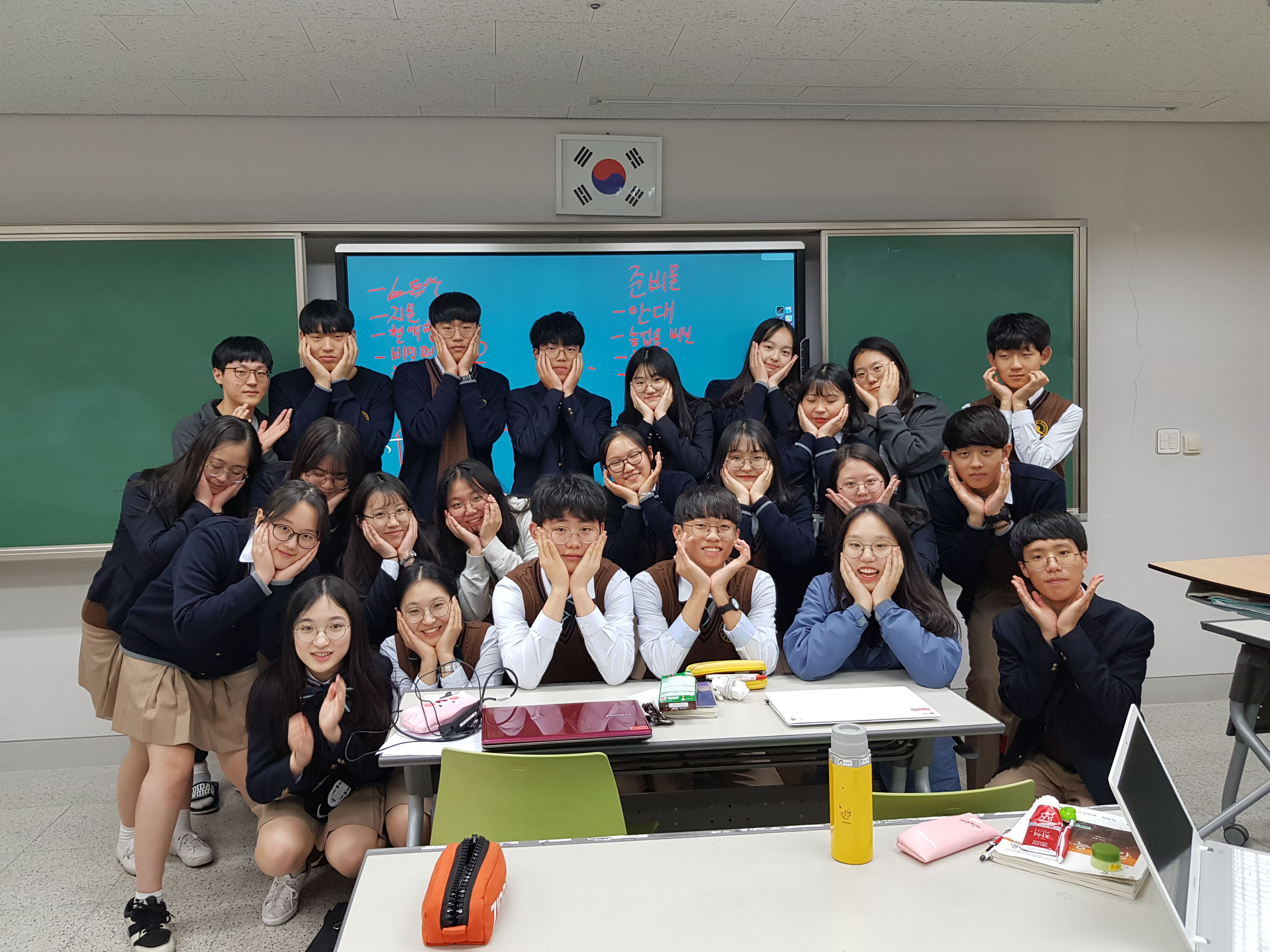
High schools here are three-year schools and are known as 1st, 2nd and 3rd grades of what we know in America as 10th, 11th and 12th. Being a boarding school, and one of Korea’s most expensive ones at that, expectations are high that students will have success in matriculation to an esteemed university, so high in fact that many families move to this island when their children are younger because local residents are given higher priority for admission.
In contrast to the American SAT, the Sunung (수능) is administered only once a year, on the third Thursday of November. Any unsatisfactory result means another full year of preparatory academies and obvious delay in university entrance, as well as a social burden of failure in a society with rigid Confucian educational values.
It is a serious day in Korea, and all are aware of it. All airports, domestic or international, close flights during the hour-long English listening test, lest their sounds be any distraction. If a student is going to be late for their test the police will escort them through the traffic.
“A Sunung score of less than 325, the equivalent of
The students are vying for a place in the best universities as this will determine not only their career viability, but their social standing as well. While there is some element of this in America in upper society and the Ivy League, economics is less of a factor here.
Here, all universities have roughly the same tuition, and are quite reasonable by American standards. The Holy Grail of Universities is Seoul National University followed by Korea and Yonsei, and so the acronym “SKY” is often used as a symbol of educational success.
Like Harvard, Seoul National University graduates are almost guaranteed a successful and lucrative career. Last year our school put 17 into that school, and 65 overall into the three “SKY” schools.
Most of the high school curriculum is based solely upon preparation for this test, with 3rd grade dedicated entirely to it.
Hanbi Kim
School promotion club
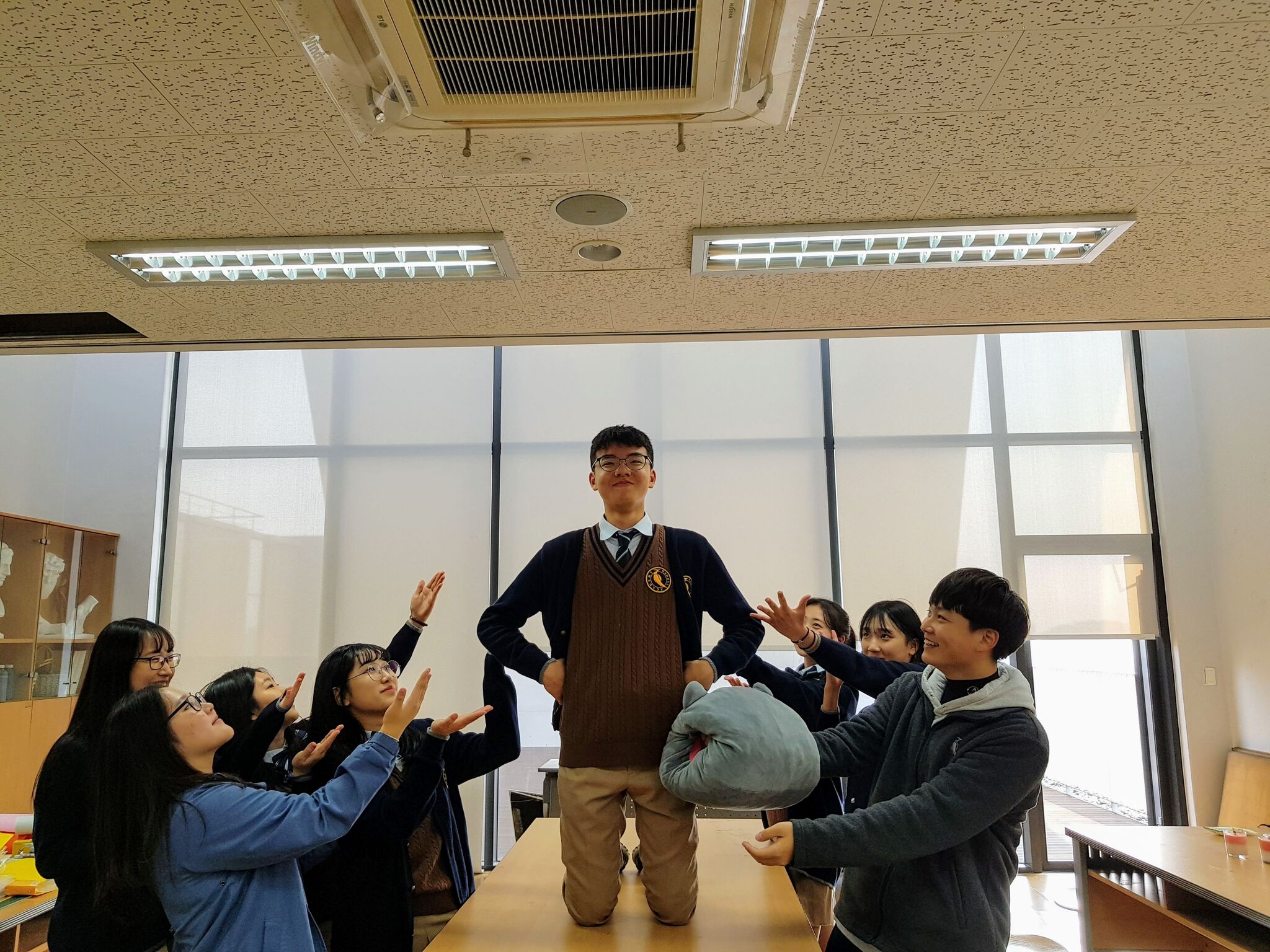
In Korean high school there is no prom, no Friday night games, no social events of any kind aside from a “sports day” in the spring and a yearly field trip. (None of these are for 3rd grade.) The students only respite from their 16-hour day of study 7 days a week is two days at home per month.
Once a month they can have a pizza or fried chicken delivered to their class. When they are not in class or at mealtime, they are confined to their study cubicles and are not permitted into the dormitory until 11pm.
Teachers often stay that late as well, and often have weekend supervision duty. There are actually teachers’ rooms with beds here. As a foreign teacher I am exempt from these duties but do have four teaching hours on Sundays, but to be fair that’s voluntary, and the compensation is quite rewarding.
On Sundays, the students may sleep in or have leisure time until lunchtime. Cell phones are forbidden, and computer use is strictly monitored. Makeup, perms, jewelry or any other vanity items are as well.
Romantic activity or coupling results in the most severe punishment—expulsion. They may wear only school-issued clothing. All classes are segregated by gender.
I have not dealt with a single incident of poor behavior or disrespect in class in my seven years here. If it ever happens, I suppose all I need do is give their name to the student conduct office and life would become immediately more complicated for the offender.
Only one in seven applicants is accepted into this place. There are 225 students per grade with an attrition of about 3%. Behavior problems are extremely rare but do occur.
Schoolwide this year there have been one alcohol and two smoking incidents. There has been one fight. There has been one suicide attempt. Through anecdotal evidence, I know of 30 or more secret couples here, risking it all in the name of love or hormones, can’t be sure which.
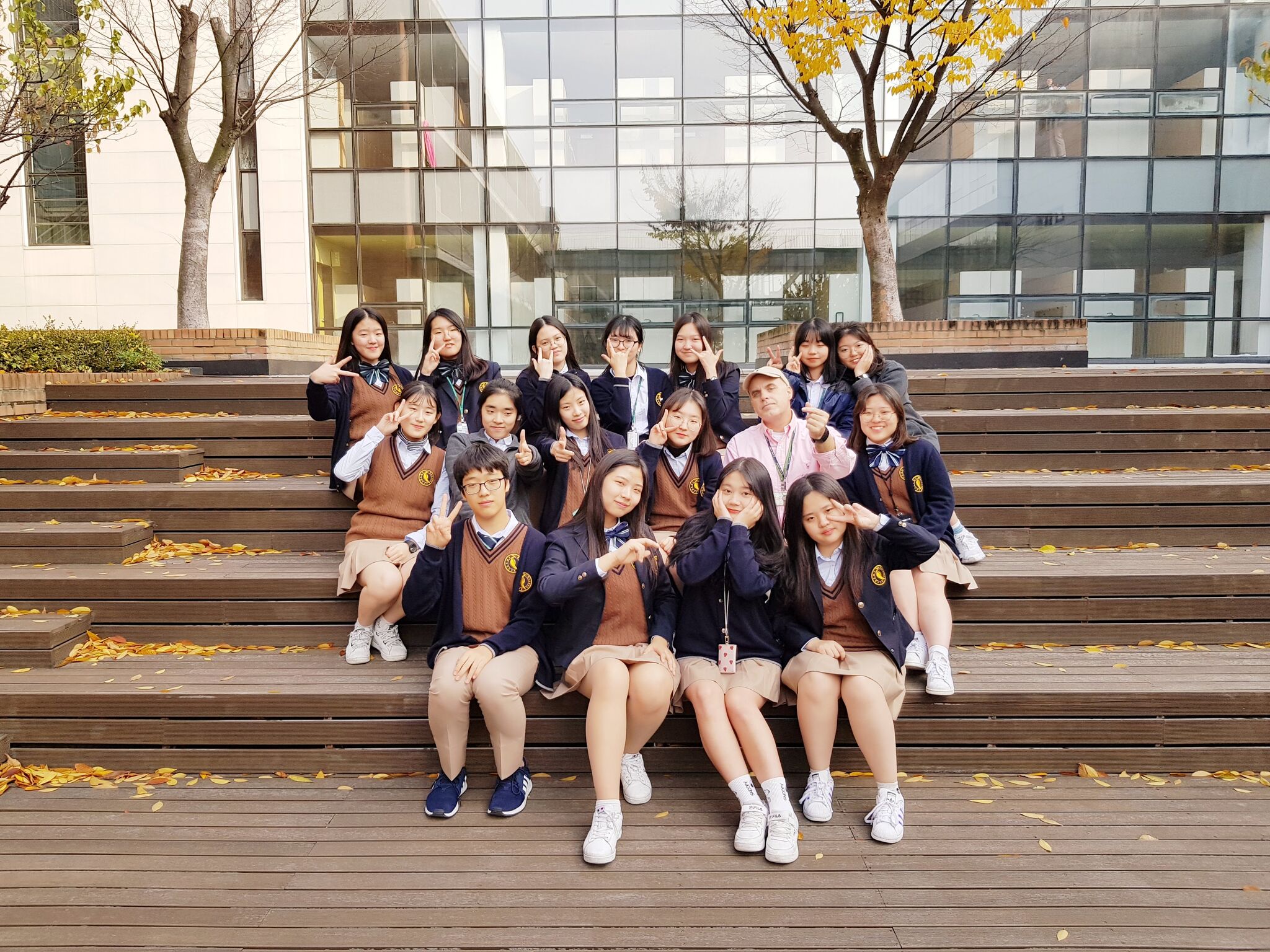
Hanbi Kim
English newspaper staff
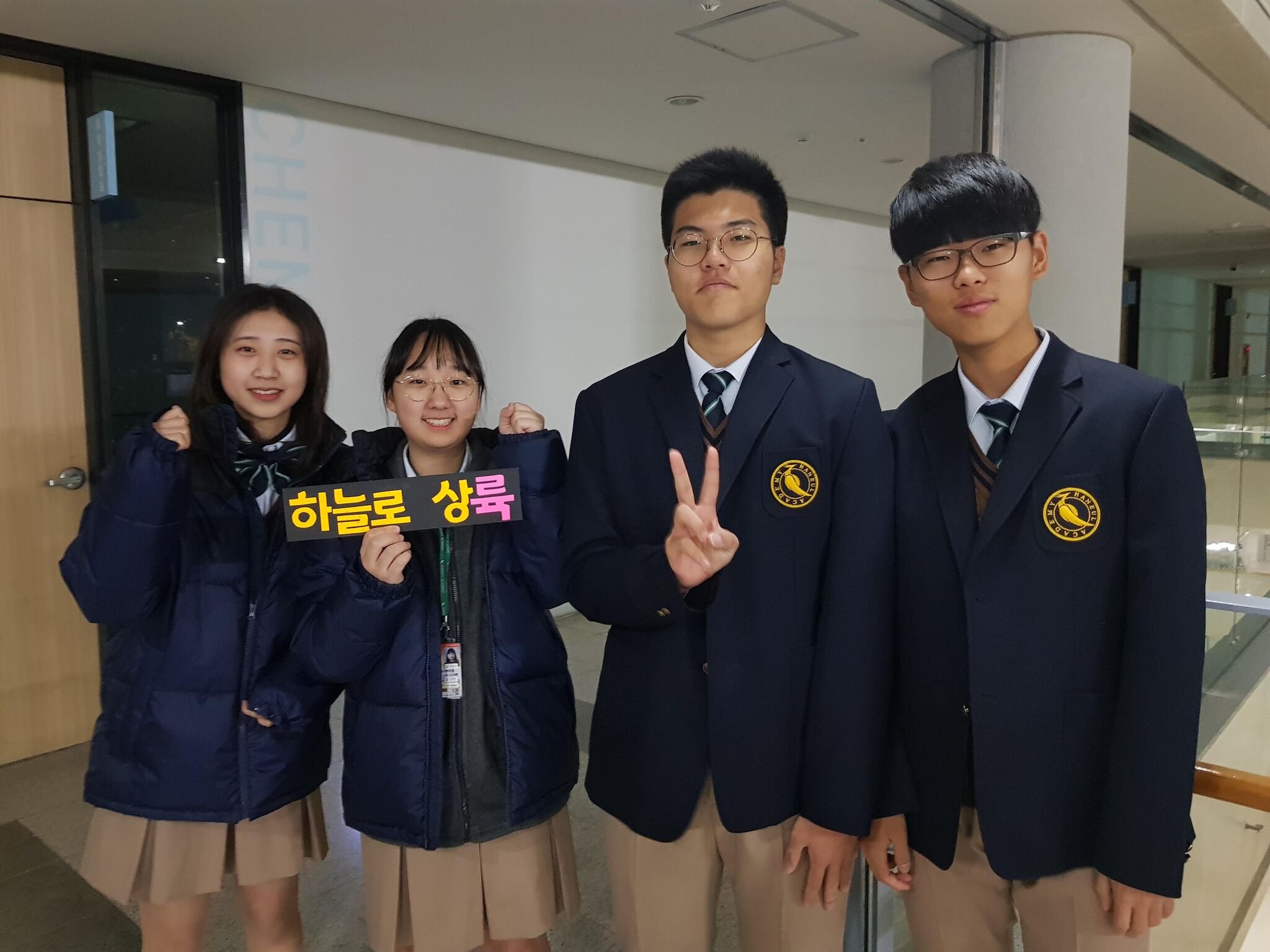
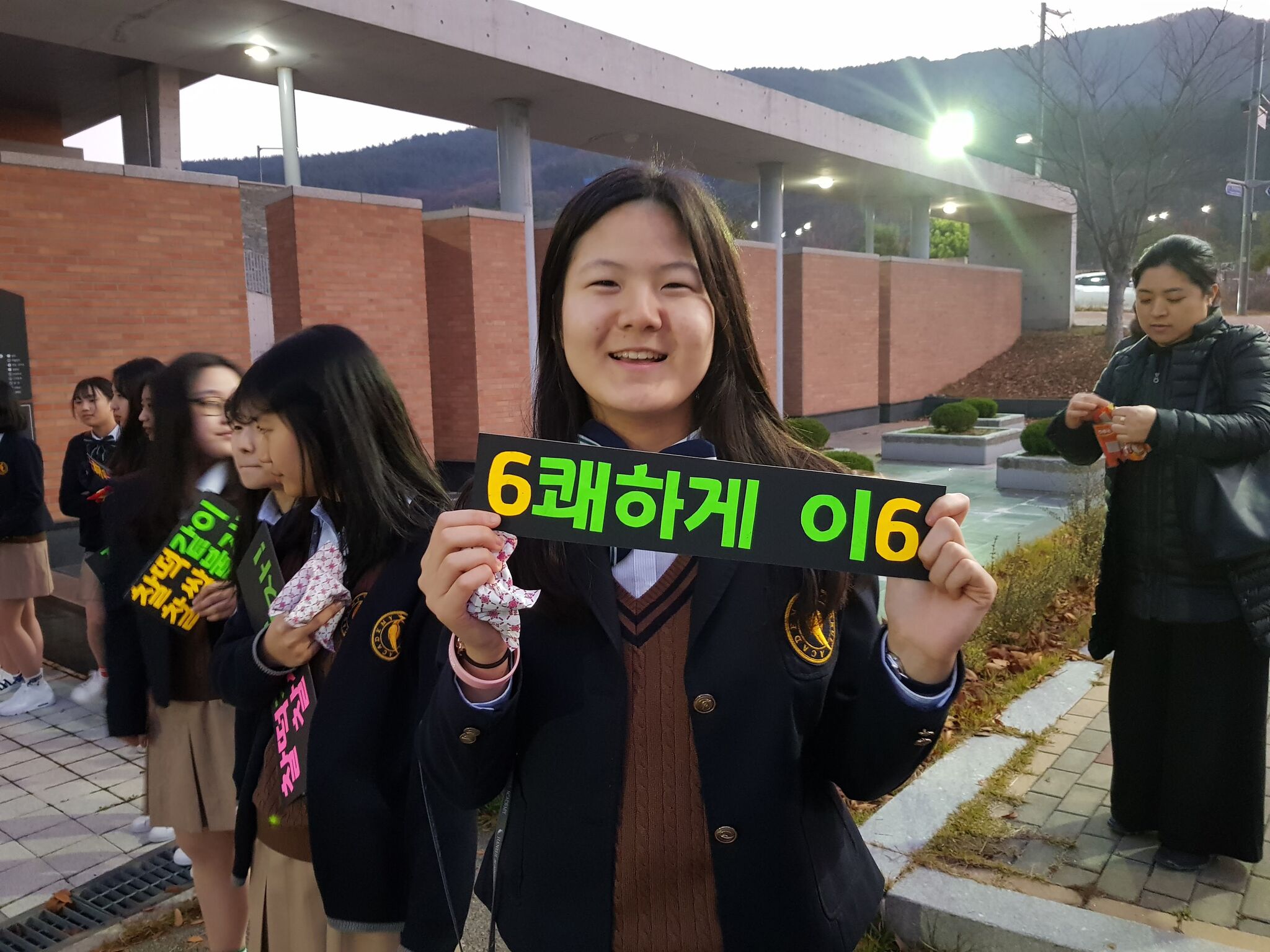
Hanbi Kim
Encouraging signs for the seniors on their way to the Sunung
One of the funnier offenses to me this year was a couple of boys got caught sneaking out of the dorm in the wee hours to go to the “PC room” (Internet café) to play games. The common punishment is suspension. Not from school, from the dormitory. It causes shame and inconvenience to the parents having to drive the kids to school, a rather severe punishment if the kid doesn’t live on this island.
The college system in Korea is different from America in that there is extreme social stigma attached to the university you attend. It’s not just good enough to attend college and get a degree; it should be the right college. Of course, this exists in America, but seems confined to the privileged and is certainly not as pervasive as it is here.
If one can’t attend the vaunted SKY universities, then the next choices would be something in Seoul. If not Seoul, then perhaps one might wait a year and try again on the Sunung, especially so if family expectations are overwhelming. This is at least the process at my school which is certainly high SES (socioeconomic status), and certainly carries higher expectations than many other schools.
“I know it sounds like hyperbole, but I’ve seen it enough to know it’s very real. It’s goddamned heartbreaking to see
It’s not that the Sunung is harder than the American SAT, it’s just that the expected scores to get into these universities are insanely high. There are 400 possible points on the test, and anything less than 390 would be out of consideration for Seoul University. That’s an equivalent of a 1560 on the SAT. A Sunung score of less than 325, the equivalent of a 1300 on the SAT, is disqualifying for almost any university in the country.
Classes not only have grades, but also what is called “relative evaluations”. If there is a class of 36 students, teachers are asked to rank them from 1st to 36th each semester. This is an aspect of the job that would disturb my sleep if it were put on me, but fortunately my classes have been placed outside of this expectation—at least for now.
Surprisingly, and in tribute to the strength of the human spirit, most of my students are happy and well-adjusted people. They laugh and joke and break rules as their situation allows. My job is actually rife with positive energy and charismatic interactions. I value working here to such an extent it has become part of my identity. But I only teach 1st and 2nd grades.
Hanbi
Korean political affairs club
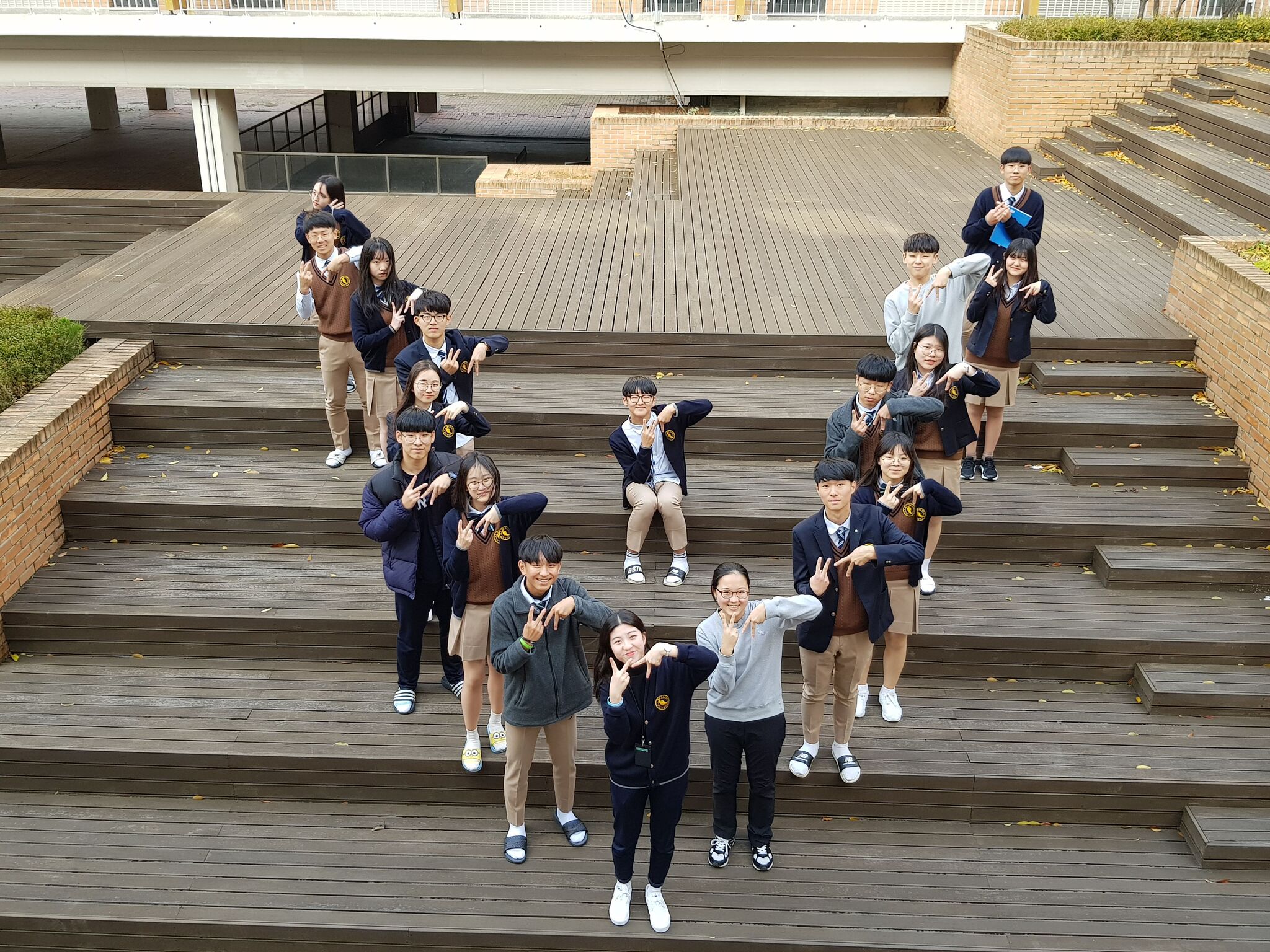
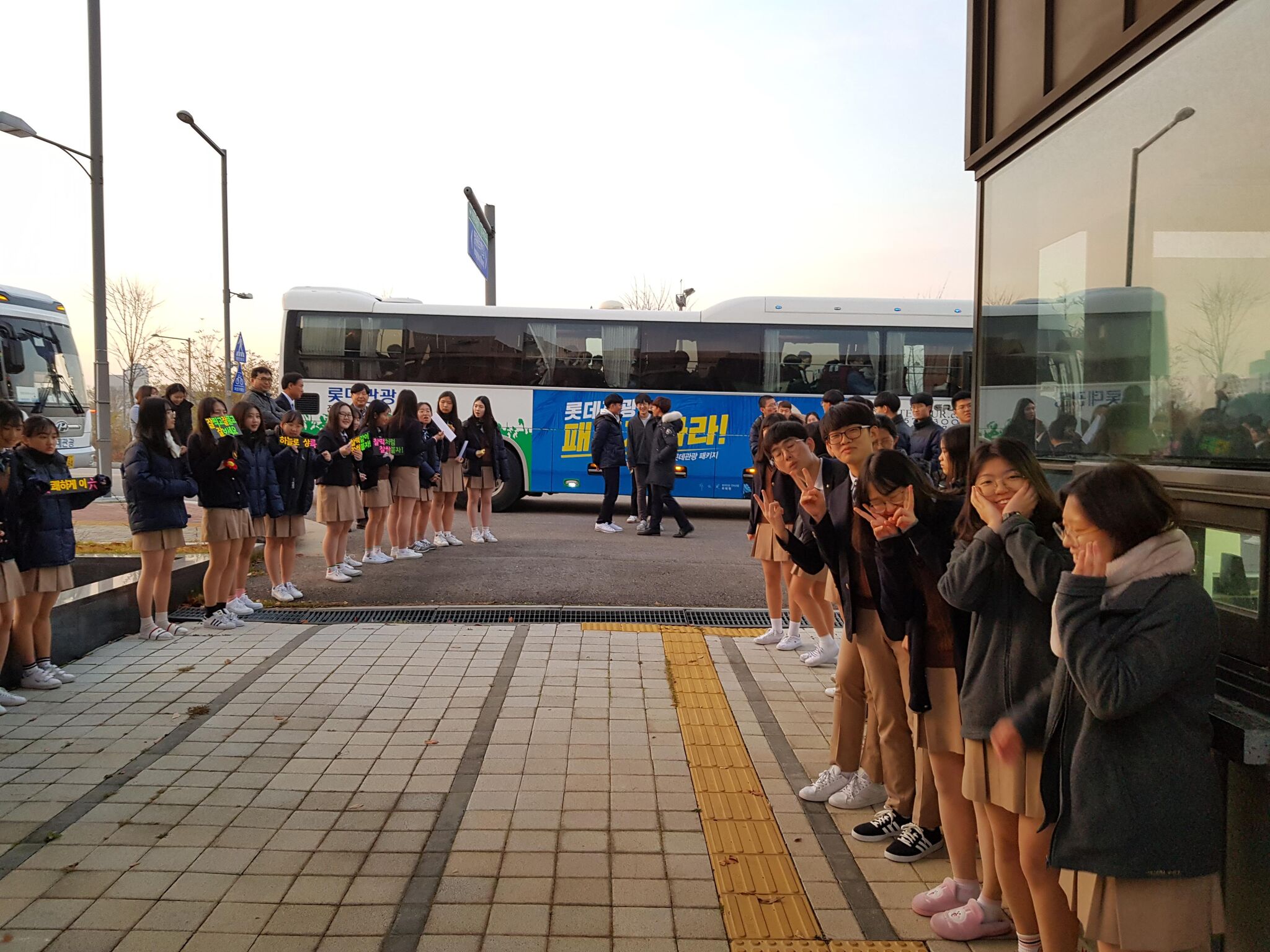
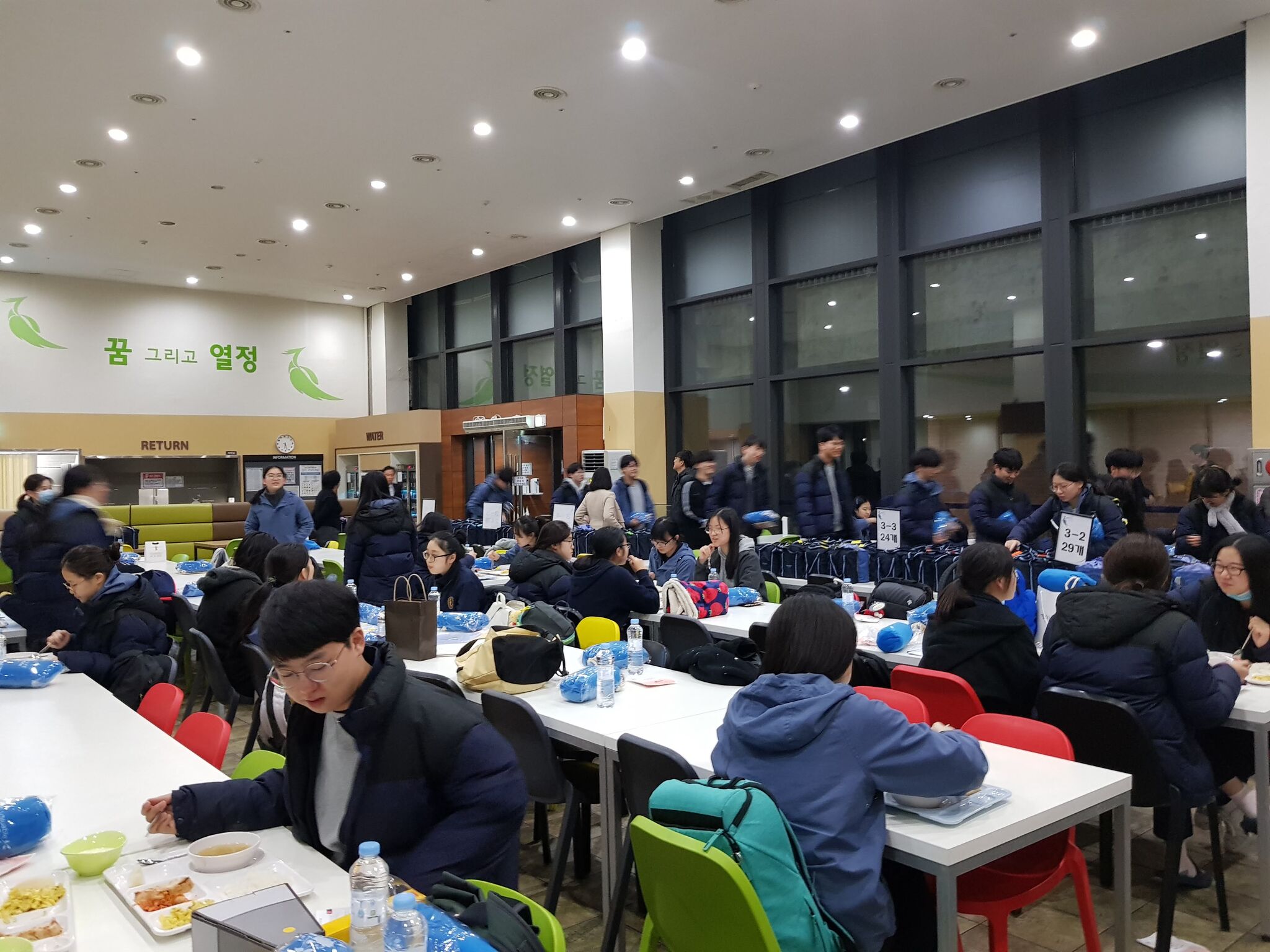
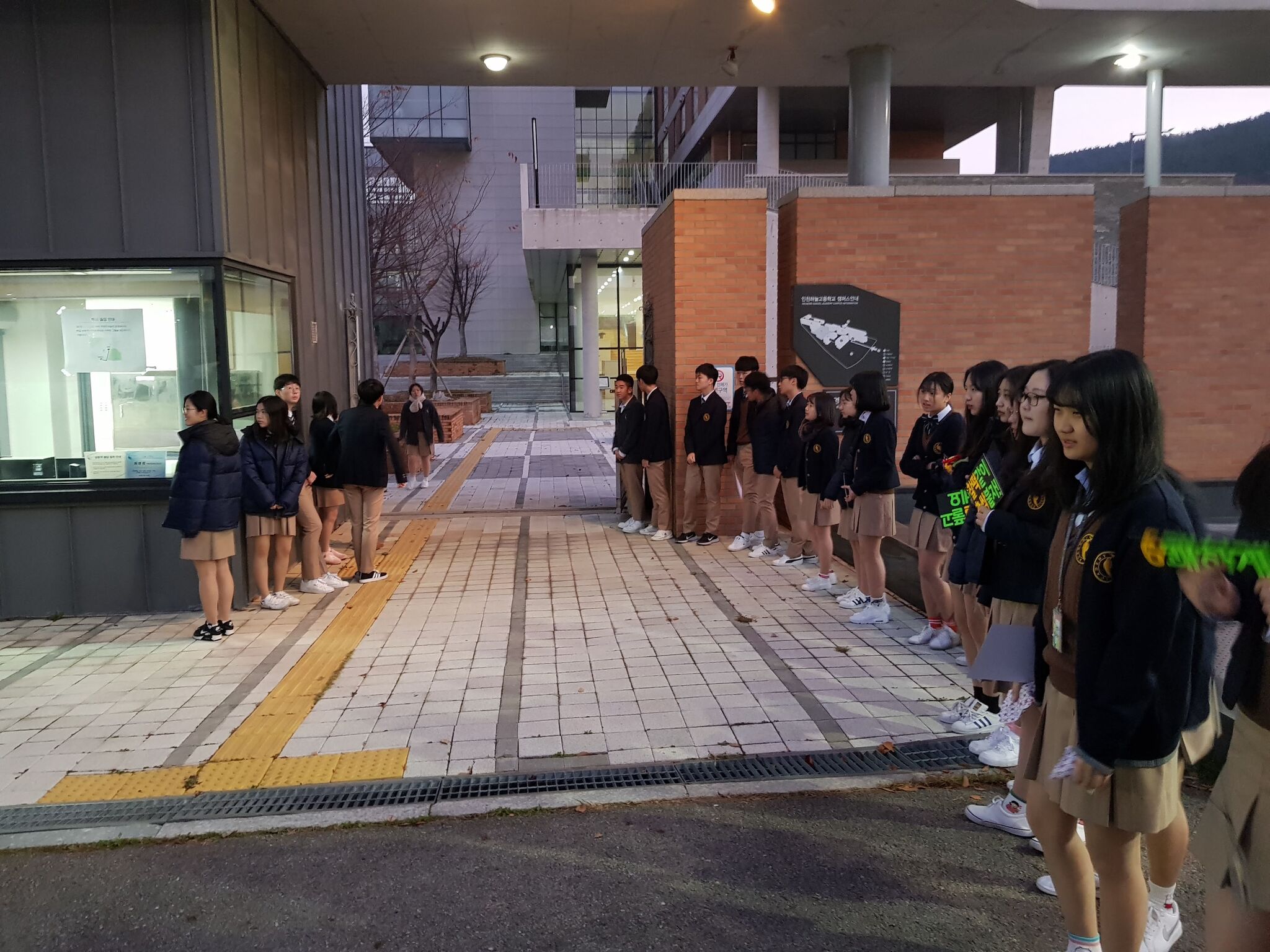
Hanbi
Undergrads offering moral support
One very troubling aspect of this place is passing the 3rd grade students in the hall, now relative strangers, with whom I once shared joy, laughter and mischief in class, extraordinarily bright and happy kids reduced to empty eyes and blank faces. The system has sucked them in and destroyed their spirit. A part of them has left and isn’t coming back. I know it sounds like hyperbole, but I’ve seen it enough to know it’s very real. It’s goddamned heartbreaking to see firsthand, and in my opinion a kind of culturally sanctioned child abuse.
After all this, within one year of finishing high school the males are expected to become conscripts for a two-year gig in the service. Really no wonder South Korean youth are the unhappiest in all developed countries.
Today is November 15, 2018, the third Thursday in November. I was at work at 6am to see them off on their buses to their respective testing centers. Many of them I have gotten quite close to, and of course I have some emotion watching this.
Some looked worried, some determined, but most just looked expressionless and resigned. I say nothing in their passing me, just smile, and give them a friendly nod. I want to encourage them, tell them I care regardless of the results, but it seems well past the point in which encouragement is of any utility.
In American movies there is a common trope in which the old get to be young once again, like a “Freaky Friday” scenario. In quotes such as “Youth is wasted on the young”, the aged wish once again to be young, have another chance at a youth squandered.
Not me. I’m just fine. Not here. Youth is not wasted on the young in Korea, it’s stolen from them.

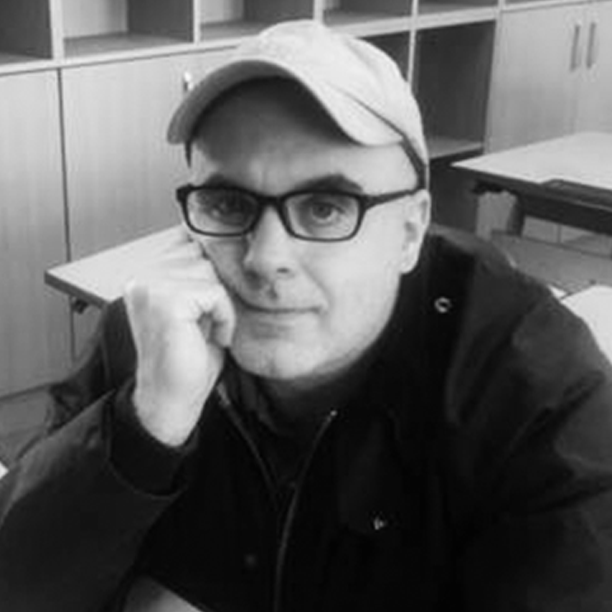
0 Comments